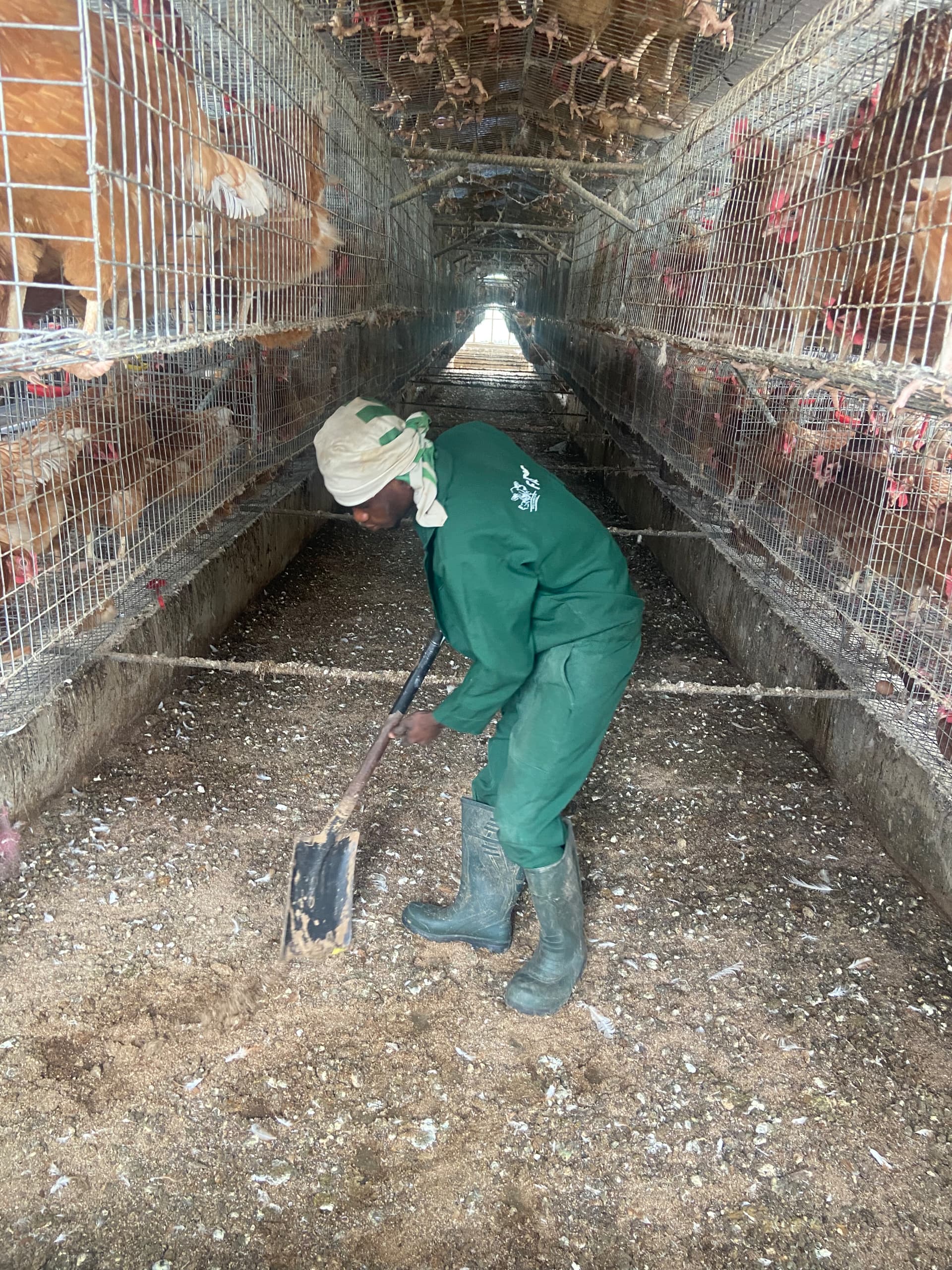
How HTSF Global Transforms Livestock Manure into Sustainable Fertilizer for Crop Production
Table of Contents
1. Introduction: The Environmental Impact of Agriculture
2. The Carbon Footprint of Traditional Farming Practices
3. Sustainable Waste Management at HTSF Global
3.1. Collection and Processing of Manure
3.2. Composting: Turning Waste into a Resource
3.3. Application of Organic Fertilizer to Crops
4. How Organic Fertilizer Helps Reduce Carbon Footprint
4.1. Lowering Greenhouse Gas Emissions
4.2. Reducing Dependency on Chemical Fertilizers
4.3. Enhancing Soil Health and Carbon Sequestration
5. The Future of Sustainable Agriculture: HTSF Global’s Vision
Conclusion: A Greener Path Forward
References
Introduction: The Environmental Impact of Agriculture
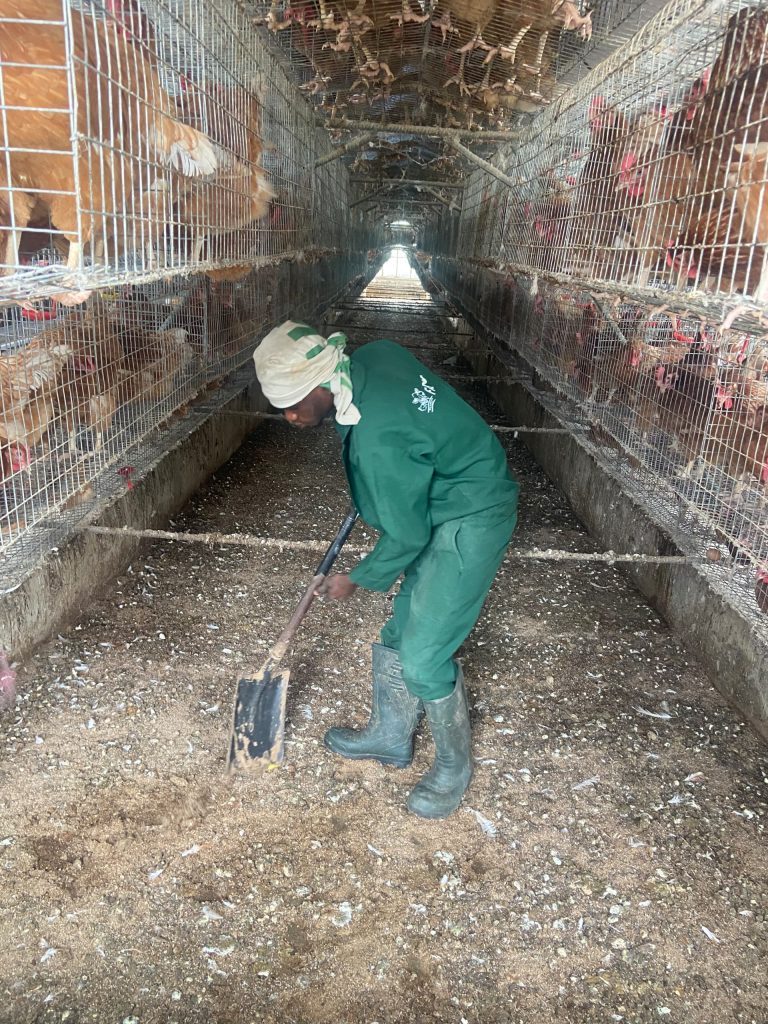
Agriculture is essential to sustaining the global population, but its environmental cost is undeniable. Agriculture accounts for approximately 24% of global greenhouse gas emissions, making it a significant contributor to climate change. Traditional farming practices, including the use of synthetic fertilizers, release harmful gasses like carbon dioxide, methane, and nitrous oxide into the atmosphere, exacerbating the climate crisis.
However, this challenge also presents an opportunity for change. At HTSF Global, we are reimagining how we manage farm waste, particularly livestock manure, to mitigate our environmental impact and promote sustainable farming. By transforming manure into organic fertilizer, we not only reduce our carbon footprint but also enhance the health of our crops and soils.
The Carbon Footprint of Traditional Farming Practices
Conventional farming relies heavily on chemical fertilizers, which are energy-intensive to produce and lead to excessive carbon emissions. The production of these fertilizers requires burning fossil fuels, and their application in the fields often results in soil degradation, reduced biodiversity, and water pollution. In addition, animal farming, particularly poultry, generates significant waste, which, when improperly disposed of, releases methane, a greenhouse gas 25 times more potent than carbon dioxide.
Without sustainable waste management, the carbon footprint of farming grows exponentially, creating an urgent need for solutions that prioritize both productivity and environmental health. This is where HTSF Global’s approach comes into play.
Sustainable Waste Management at HTSF Global
At HTSF Global, we believe that agricultural waste, when managed properly, can become a valuable resource. By processing livestock manure from our poultry farms, we convert what would otherwise be an environmental liability into a powerful tool for crop production: organic fertilizer.
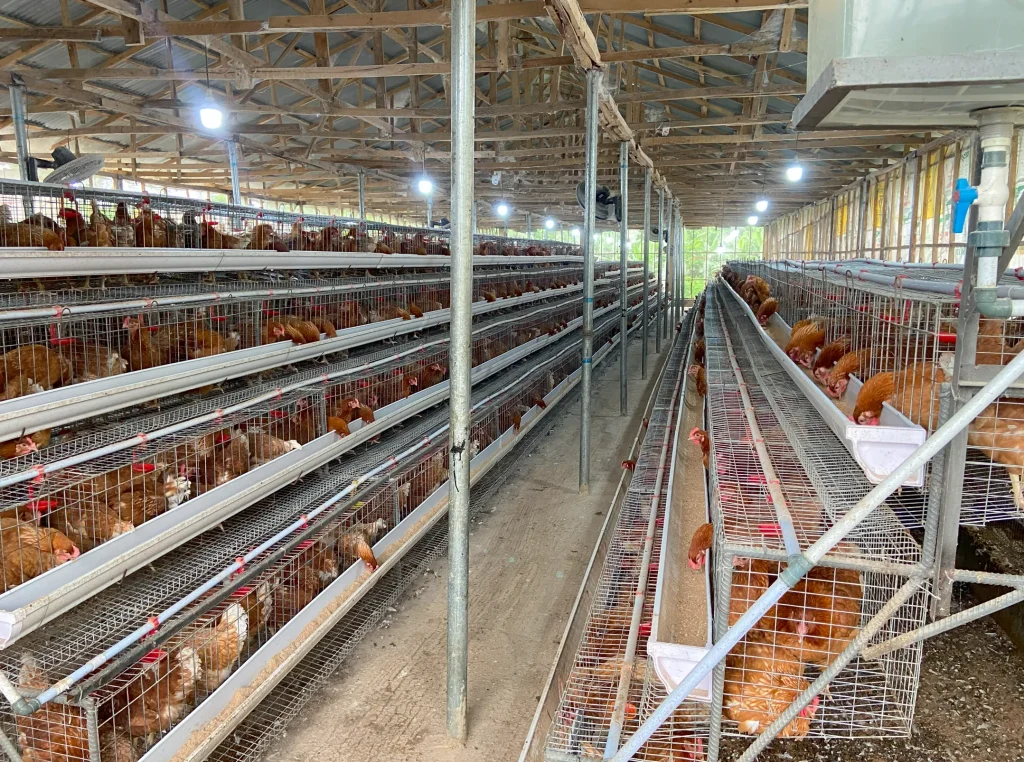
Collection and Processing of Manure
Our process begins at our poultry farm in Osun State, where we collect manure from our birds in a manner that prevents environmental contamination. This careful collection process is essential to ensure that nearby water sources are not polluted and to prevent methane and ammonia emissions.
The manure is then transferred to our composting facility, where it undergoes a transformation from raw waste into nutrient-rich organic fertilizer. This approach allows us to manage farm waste responsibly while improving soil fertility for crop production.
Composting: Turning Waste into a Resource
Composting is a natural decomposition process in which organic materials such as livestock manure break down under controlled conditions. At HTSF Global, our composting process involves mixing manure with organic plant matter and allowing it to decompose over several weeks. This process generates heat, which helps kill off harmful pathogens and stabilizes nutrients, making them more accessible to plants.
The result is a high-quality, nutrient-rich organic fertilizer that enhances the health of our soils and crops while reducing the need for synthetic inputs.
Application of Organic Fertilizer to Crops
Once the composting process is complete, the organic fertilizer is applied to our crop fields. Unlike chemical fertilizers, which can degrade soil over time, organic fertilizer improves soil structure, increases its ability to retain moisture, and promotes microbial activity. This results in healthier, more resilient crops that are less dependent on chemical inputs.
By integrating organic fertilizer into our farming operations, we are not only improving crop productivity but also contributing to the long-term health of our soils.
How Organic Fertilizer Helps Reduce Carbon Footprint
The shift from chemical to organic fertilizers at HTSF Global is a key strategy in reducing our carbon footprint. Here’s how it works:
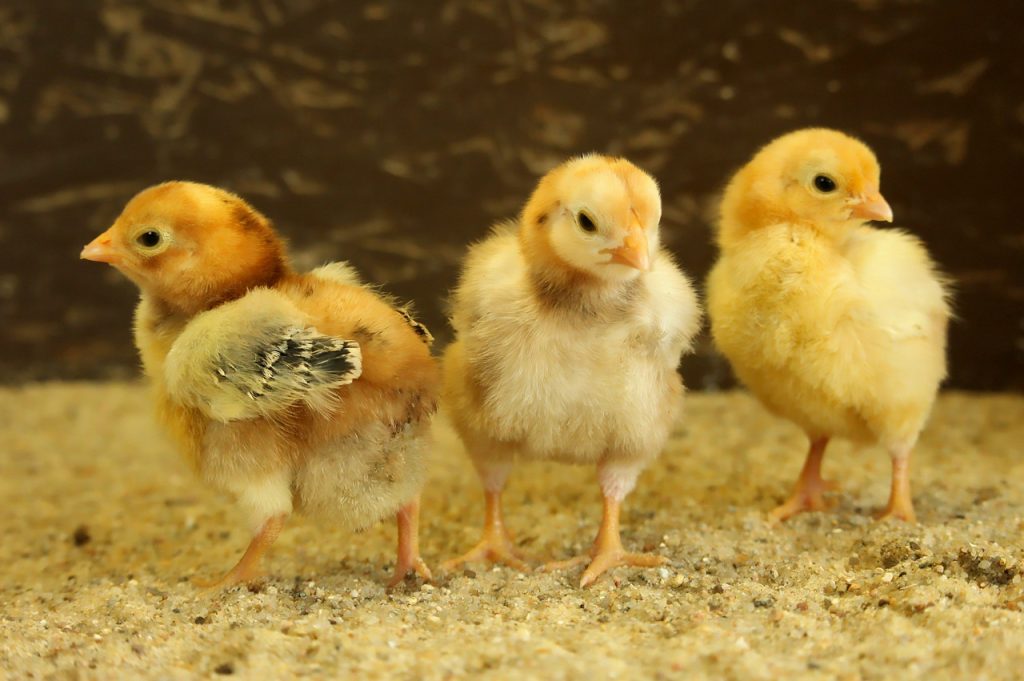
Lowering Greenhouse Gas Emissions
The use of organic manure prevents methane emissions from decomposing waste, which is a significant contributor to climate change. Additionally, the composting process stabilizes nitrogen in the manure, reducing the release of nitrous oxide a gas 300 times more potent than carbon dioxide.
Reducing Dependency on Chemical Fertilizers
Chemical fertilizers are derived from fossil fuels and require large amounts of energy to produce. By using organic fertilizers, we reduce our reliance on these harmful products, which in turn lowers our overall carbon emissions. Additionally, by enriching the soil naturally, we also decrease the need for frequent reapplication, resulting in fewer resources spent on producing and transporting fertilizers.
Enhancing Soil Health and Carbon Sequestration
Healthy soil is one of the earth’s most effective carbon sinks, capable of absorbing and storing large amounts of carbon dioxide from the atmosphere. Organic fertilizers improve the soil’s ability to store carbon by increasing its organic matter content and promoting biodiversity. This means that over time, HTSF Global’s soils are not only producing more food but also helping to mitigate climate change.
The Future of Sustainable Agriculture: HTSF Global’s Vision
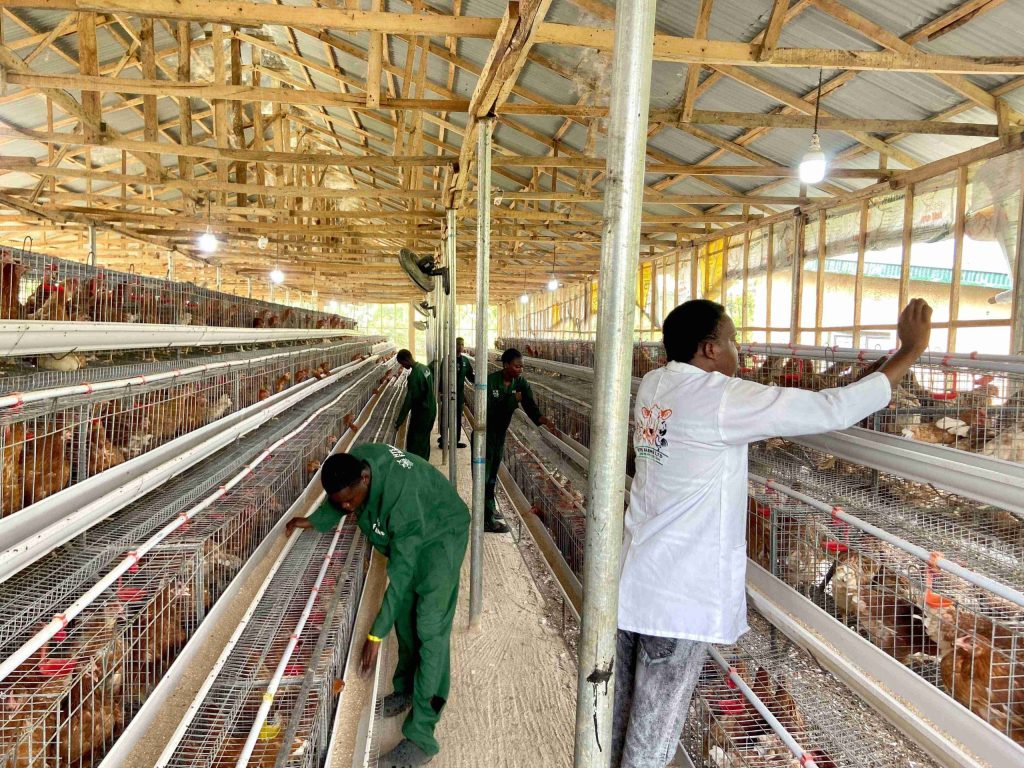
HTSF Global’s work doesn’t stop with manure management. We are committed to exploring and implementing other innovative solutions to promote sustainability in agriculture. From the development of the Project, which addresses water scarcity in farming communities, to the HTSFarms e-commerce platform that empowers farmers through digital technology, we are dedicated to building an agricultural system that supports people, profit, and the planet.
We believe that by adopting sustainable practices today, we are ensuring a better, more resilient future for agriculture.
Conclusion: A Greener Path Forward
The world is at a critical juncture in its fight against climate change, and agriculture must be a part of the solution. At HTSF Global, we are proud to play our part by transforming livestock manure into a resource that nourishes our crops, improves soil health, and reduces our carbon footprint.
By integrating sustainable farming practices into our operations, we are not only protecting the environment but also securing the future of agriculture for generations to come. Together with our partners, we will continue to innovate and lead the way toward a more sustainable and resilient agricultural industry.

References
United Nations Food and Agriculture Organization (FAO), “Livestock and Climate Change,” 2020.
Intergovernmental Panel on Climate Change (IPCC), “Climate Change and Agriculture: Mitigation Options,” 2021.
HTSF Global Reports, “Sustainable Farming Practices: Organic Fertilizer Impact,” 2023.
